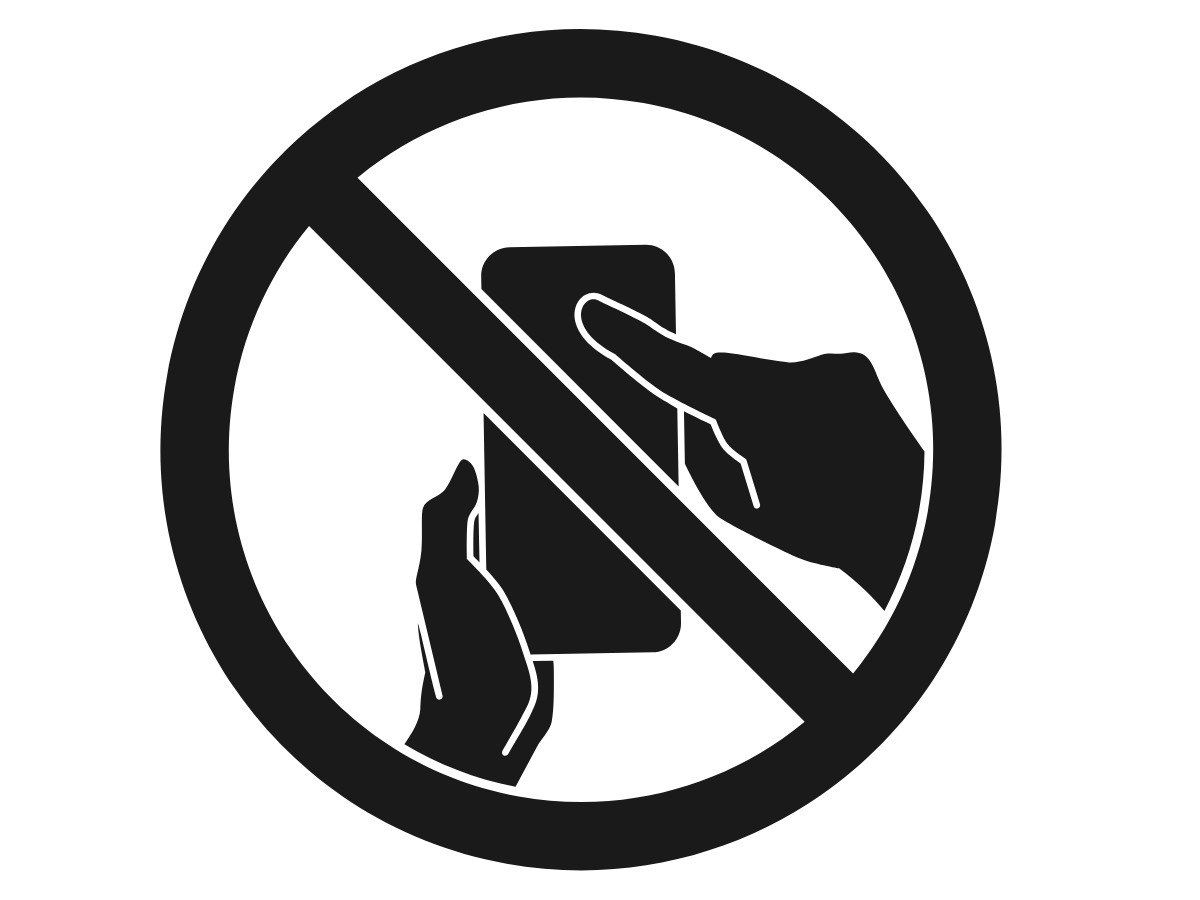Western Sydney University’s School of the Built Environment has announced a partnership with Top 100 Women, one of the fastest growing online communities for women in construction.
Of the 1.1 million people employed in the construction industry, women only make up 2 – 3 per cent on site. To address this deficit, Western Sydney University and Top 100 Women have committed to collectively address the growth, retention and support of female graduates, particularly from construction courses.
“Top 100 Women is a natural partner for the School of the Built Environment at Western Sydney University because it not only shines a light on the disparity of female involvement in the sector, they have a dedicated program of solutions to address the issue in a positive manner,” said Professor Kerry London, Dean School of Built Environment.
The partnership will provide access for the School of the Built Environment staff to the Top 100 Women online platform, in addition to online networking and support for university students to establish important connections with the construction sector.
Furthermore, Western Sydney University will provide online resources and Continuing Professional Development (CPD) education on the platform, and partner on a suite of events.
“Working with Western Sydney University is pivotal to our pledge to connect more women to the opportunities available within the construction industry. Partnering with Professor Kerry London and her team links us to a wealth of talent and also to the up-and-coming graduates from the University.
“Kerry has paved a path for many women within our sector. We are looking forward to working with such an incredible advocate, alongside women who have walked the road pre the days when there were only 2 or 3 per cent of women working on site,” said Tamika Smith, Founding Director at Top 100 Women in Construction.
Western Sydney University is committed to gender equity initiatives and has been ranked second in the world for its work to address gender equality, and third for reducing inequalities by promoting inclusive and equitable quality education, according to the 2020 Times Higher Education University Impact Rankings.








